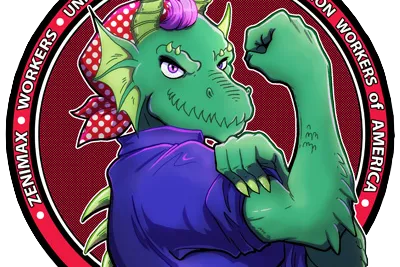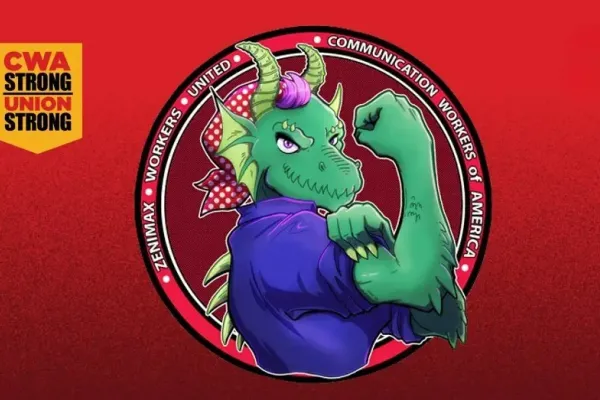Social Media
Advice from distinguished labor arbitrators on the faculty at LAI conferences.
Facebook and Twitter
Three prominent labor arbitrators were on a conference faculty. Here are three points they made about off-duty misconduct when it involves social media.
Everyone knows
One panelist told the audience that by now, everyone knows that Facebook and Twitter are public platforms. It doesn't matter what your privacy settings are. Your friends have other friends and they can share whatever you say. Same thing for Twitter. Your Tweet can be out there for 4 seconds and then you delete it. You delete it because you really don't want it out there. But one of your Twitter followers took a screen shot of the tweet, and now it's out there forever. And you face the possibility of discipline.
Work Setting
In a school, management takes the position that teachers are role models and off-duty behavior can impact the workplace.
In one case, the teacher was an exotic dancer on the weekends. It's a legal job, but the school felt that for an elementary school teacher it was conduct unbecoming and discharged her. All three panelists would not have upheld the discharge. But some questions to ask: Is she advertising herself on social media as an exotic dancer and students find out? Is the school identified in any of the dancing, such as a school logo or uniform? The larger the community, the less likely anyone finds out. Or when they do find out, it doesn't go anywhere. The work setting matters.
Ranting & Partying on Facebook
Employees who go home and rant on Facebook (about their work) have to be careful. If you identify your employer or tie the rant to your work so that it impacts the employer's operation, the employer can discipline.
There are two important things for the employer to consider: Is there anything in the Facebook post that might be protected activity? Under the NLRA, when employees engage in concerted activity, such as ranting about the employer AND why the union should be involved, the employer cannot discipline. (PS: A future NLRB may change this.) Second, the employer should ask itself: Are we going too far and trying to police our employees?
Conclusion
Employers have to demonstrate a nexus because employees are entitled to a private life.
In another case, there were no other teachers at this private party, but students posted embarrassing photos of one teacher. The teacher is not smoking marijuana; the embarrassment is by association - how others in the posted photo are acting under the influence of alcohol or marijuana. In this instance, none of the panelists would uphold the suspension. She has done nothing wrong, so why should she get any discipline? Does this employer believe that any time you walk into a gathering and someone is smoking pot that you should get a 5-day suspension? A second arbitrator on the panel said that this is where the school needs to ask itself: Are we trying to police the off-duty, private life of employees? We can all find ourselves in situations where someone is doing something we don't believe is right, but we don't leave the party. We just ignore it. The third panelist suggested that you tell your party guests to leave their cellphones at the door. Or, if you have friends with cameras and friends with marijuana, keep them apart. You also don't need the kind of friends who tag you on their Facebook page.
Labor Arbitration Institute

